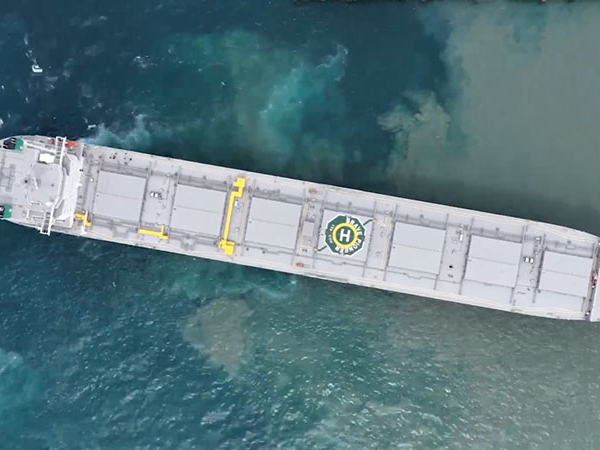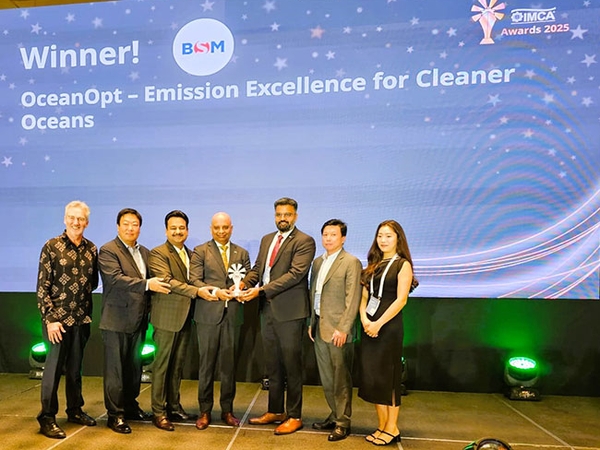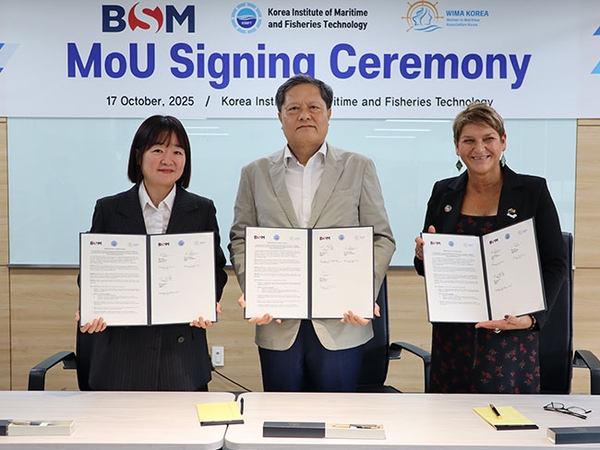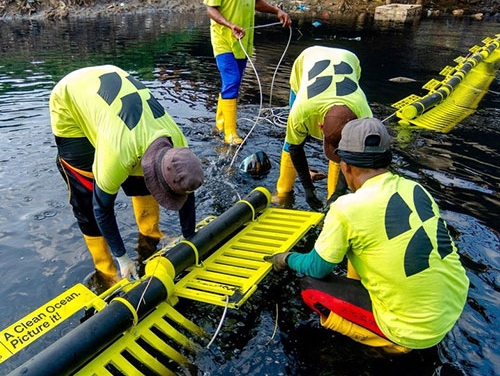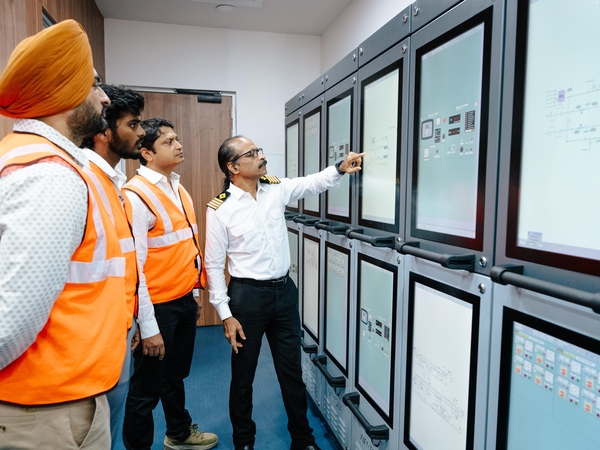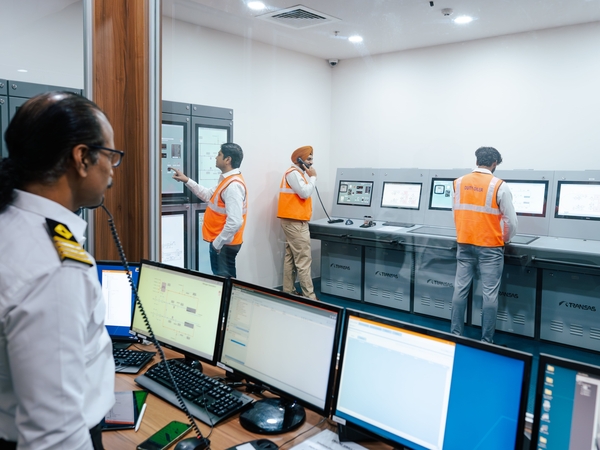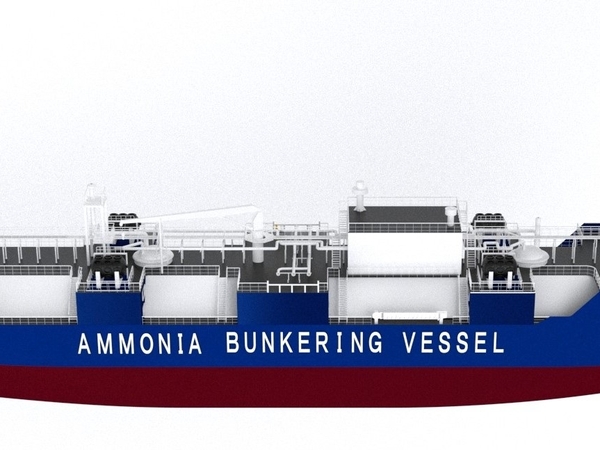
Procedures for Sampling and Verification of Fuel Oil Sulphur Content
Change is the only constant in life. Here are two new regulatory changes that all seafarers should take note of in their daily course of work.
New amendments to MARPOL Annex VI given in resolution MEPC.324(75) will come into force on 1 April 2022. This includes a requirement to fit or designate sampling points to collect representative samples of fuel oil in use or carried.
- The deadline for designating the in-use sampling points is as follows: Existing ships: Must designate sampling points no later than the first IAPP renewal survey on or after 1 April 2023
- Newbuilds: Keel laid on or after 1 April 2022, sampling points needs to be in place and designated on delivery
The sulphur requirements in MARPOL applies to all fuel oils intended for combustion purposes for both propulsion and on-board operations. All FO systems serving ME, AE, boilers, incinerators, IG generators, emergency equipment and other consumers must have designated sampling points. The only exemption is FO service systems for low-flashpoint fuel having a flashpoint less than 60°C.
Fuel oil samples under MARPOL

Following the new amendments, there are now three defined FO samples under MARPOL:
- MARPOL delivered sample– this is the traditional sample taken during bunkering, accompanying the Bunker Delivery Note (BDN). It represents the FO delivered on board.
- In-use sample– this is a new sample meant to represent the FO in use at the time and for which sampling points must be designated.
- On board sample– this is a new sample meant to represent the fuel in the FO tanks, i.e. FO intended to be used or carried for use.
Sampling points
Some ships may be able to designate existing sampling points however, others may have to fit new sampling points. It is recommended to designate existing sampling points as far as practicable and feasible. If fitting new sampling points, consider utilizing existing connections (e.g. manometers) and existing drip trays / drainage, where possible.
Modifications other than fitting sampling points to the piping system will require formal approval from classification society.
Designating sampling points
Clearly identify the sampling point for the purpose of taking the “In-Use sample” as per MARPOL annex VI. Mark and identify the sampling points on the relevant piping diagram.
When designating sampling points, consider the service tank arrangements and possible FO cross-contamination. Also consider different FO grades used. The location must be as close to the consumer as safely feasible, considering FO temperature, pressure and flowrate. For a common FO supply line serving one or more consumers, a single sampling point may be acceptable.
Compliance verification will be done at the first IAPP renewal survey on or after 1 April 2023, The Surveyor will confirm the number and location of designated sampling points. The new IAPP certificate will reflect that the ship is fitted with designated sampling points.
Fitting of new sampling points
Consider different FO grades to be used. The sampling point location to be downstream of the in-use FO service tank and as close to the consumer as safely feasible. Consider FO temperature, pressure and flowrate when finalizing the sampling point location. Additionally,
- Sampling points must have a shut-off valve and preferably also a self-closing valve
- Sampling valves must be:
- Provided with caps to prevent leakage when not in use
- Easily accessible in a well-lit and ventilated location
- Made of ductile material, such as nodular cast iron or steel or as per classification society requirement
- Locate sampling valves so that any drip or spray cannot reach a hot surface, electrical equipment or other source of ignition
- Pressure ratings of flanges / valves must not be lower than the maximum working pressure of the FO system
- Pipe thickness must not be less than as required by the classification society
- Arrange drip trays below the sampling points to ensure suitable drainage to a drain tank
- The installation must be subjected to a function test
- Clearly mark the designated sampling point both in the ER and on the relevant piping diagram
Early compliance
For ships complying with this requirement before the deadline, the classification society will issue a Statement of Compliance. This can be done before 1 April 2022 as part of an annual survey or ordered as a remote survey. In such cases the RO will issue a new IAPP certificate on or after 1 April 2022. For ships given a Statement of Compliance this will also be shown on the first IAPP certificate issued after 1 April 2022.
Reference material
- MEPC.182(59) - 2009 guidelines for the sampling of fuel oil for determination of compliance with the revised MARPOL Annex VI
- MEPC.1/Circ.864/Rev.1 - 2019 guidelines for on board sampling for the verification of the sulphur content of the fuel oil used on board ships
- MEPC.1/Circ.889 - 2020 guidelines for on board sampling of fuel oil intended to be used or carried for use on board a ship
Fuel carriage requirements in South Korea and China ECA
Further to an article published in BSM Insight of May 2020, we would like to remind you of the following requirements that came into force from 1 January 2022:
Ships must use fuel with less than 0.10% sulphur while inside:
- South Korean ECA consisting of:
Incheon, Pyeongtaek-Dangjin area, Yeosu and Gwangyang ports, Busan sea area, Busan port west side sea area and Ulsan port area
- Chinese waters:
Inland waterway ECA and sea area in Hainan waters within ECA.
